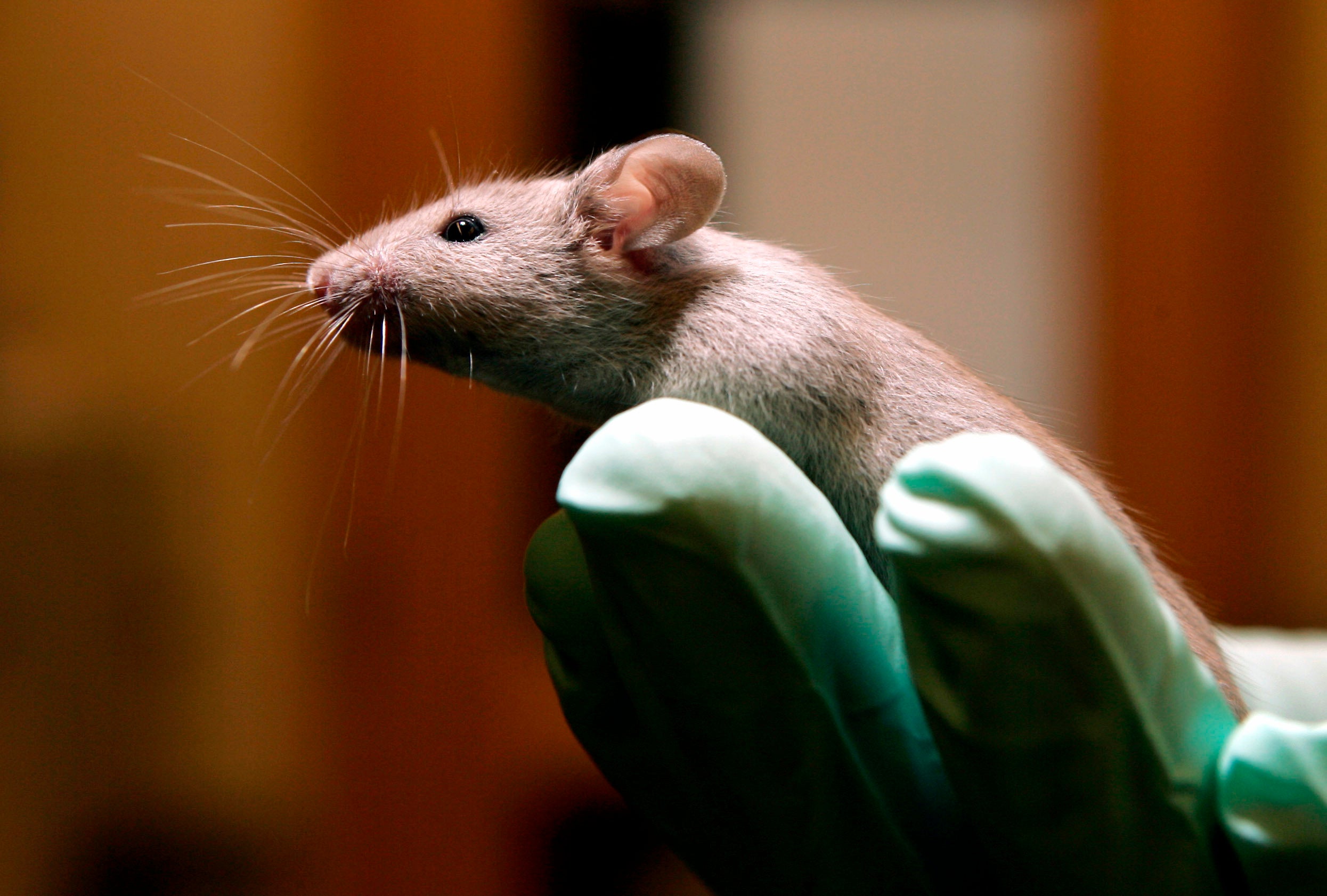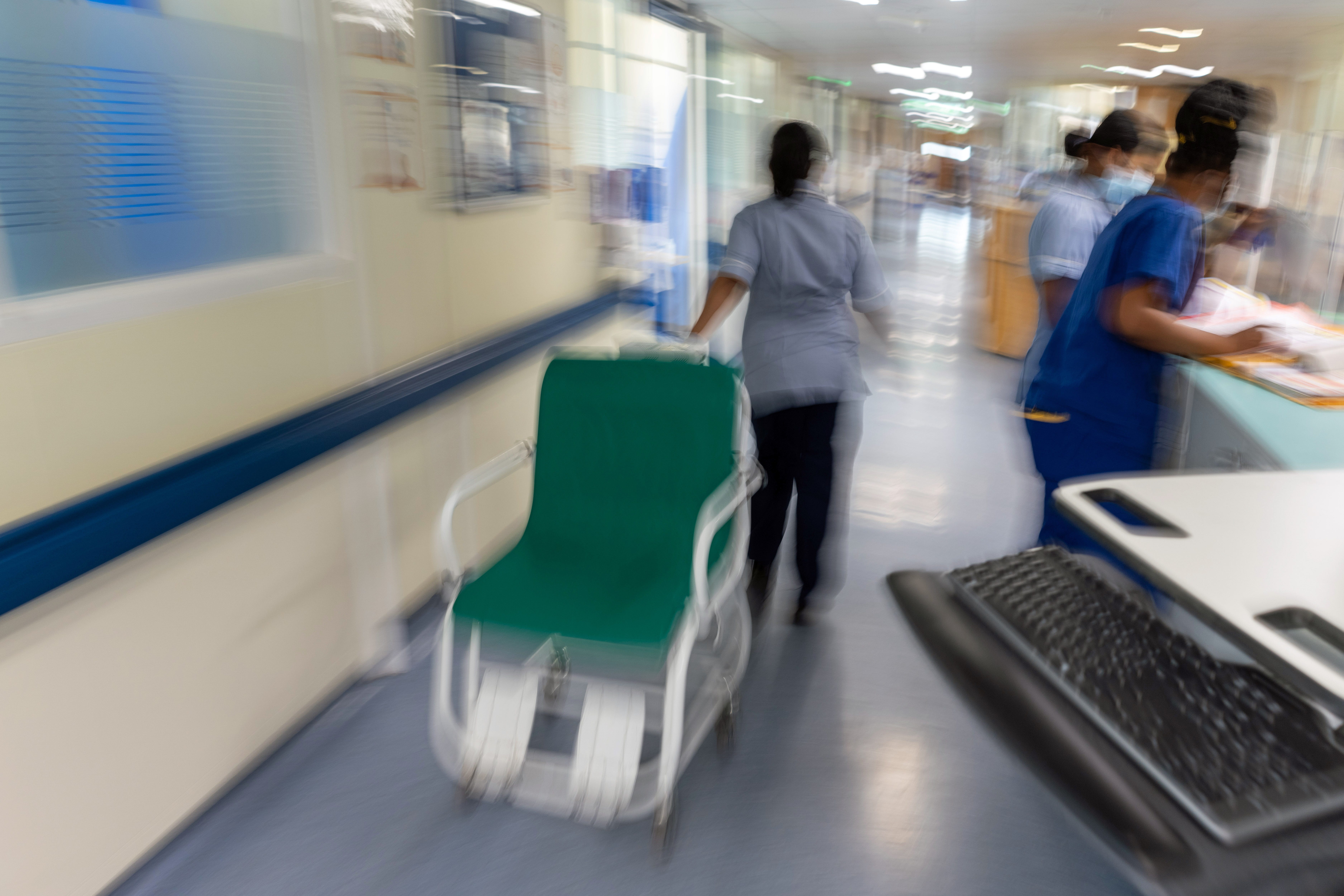Maggots found in hospital mortuary as full scale of NHS pest problem revealed
One hospital found rat droppings in a body bag

Rats in maternity wards, wasps nests in imaging areas, and ants “coming through the ceiling” are just some of the pest problems reported across the NHS over the last three years, according to new data.
Cockroaches on wards, maggots in a mortuary, and rodents in a kitchen are other issues reported by hospitals in England.
One hospital said “black insects are biting the legs of staff”, that the “whole building has a fly infestation”, and animal noises were coming from inside the walls.
Meanwhile, another hospital found rat droppings in a body bag, while another found a dead headless pigeon.
More than 18,000 pest problems were reported across NHS hospitals in England over last three years, according to data obtained under freedom of information requests by the Liberal Democrats.
And the bill for dealing with these problems was more than £3 million, the party found.
But not all hospitals responded to the data requests, meaning the scale of the problem could be much bigger.

The party did report that one trust noted 156 incidents of pests, when in fact these were proactive weekly callouts over the last three years.
Liberal Democrat leader Ed Davey said: “These are shocking revelations and another sign our hospitals are no longer up to scratch for sick patients and hardworking staff.
“In people’s hour of need, they need to be safe from bugs and rodents.
“Instead, wards are falling apart at the seams, with foul pests allowed to roam freely. This is a national scandal.
“Conservative ministers must act now by bringing forward emergency funds for crumbling and unhygienic hospitals.
“This Conservative Government has left the NHS in decay, with soaring repair bills. This madness has to end. It is time the NHS was put first, starting with making hospitals a safe and clean place again.”
A Department of Health and Social Care spokesman said: “Individual NHS organisations are legally responsible for maintaining their estates, including pest control.
“Patient safety is vital, and the Government has invested significant sums to upgrade and modernise NHS buildings so staff have the facilities needed to provide world-class care for patients, including £4.2 billion this financial year. This is on top of the expected £20 billion for the New Hospital Programme.
“We have also invested a further £1.7 billion for over 70 hospital upgrades across England alongside a range of nationally funded infrastructure improvements in mental health, urgent and emergency care and diagnostic capacity.”
Bookmark popover
Removed from bookmarks